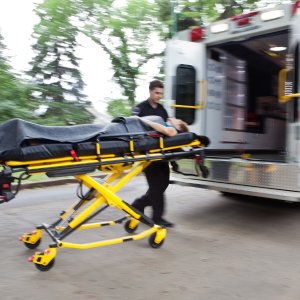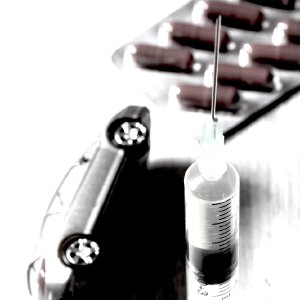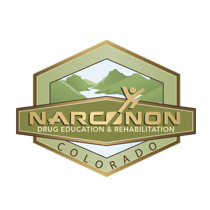Signs and Symptoms of Drug Overdose
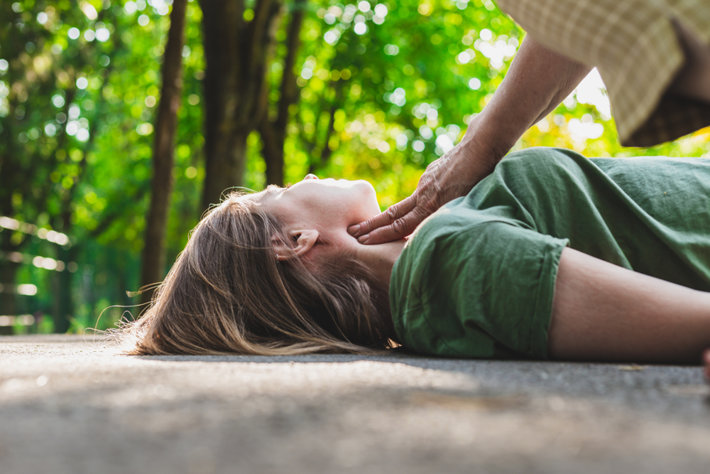
With so many people across the United States dying from some form of a drug overdose every day it is important to learn its signs and symptoms. Even if you do not use drugs yourself, chances are you know someone who does. You may not even realize how many people you know that are dealing with addiction; it could be a co-worker, neighbor or even just an acquaintance that you see on a regular basis. Either way, knowing the signs to look out for and how to respond may mean the difference between life and death.
Different types of drugs produce different types of overdose symptoms. Sometimes it can be difficult to tell the difference between intoxication and overdose. If you are ever in doubt it is usually better to be overly cautious and call 911 for help just in case.
Opioids/Opiates:
- Frequent vomiting
- Respiratory arrest
- Constricted pupils
- Blue, pale or cold skin
- Delirium and confusion
- Shallow, slow breathing
- Loss of consciousness and unable to wake up
- Breathing problems, gurgling or choking sounds
Alcohol:
- Vomiting
- Seizures
- Clammy skin
- Slow heart rate
- Breathing trouble
- Dulled responses
- Mental confusion
- Difficulty remaining conscious
- Extremely low body temperature
Stimulants:
- Tremors
- Seizures
- Delirium
- Psychosis
- Arrhythmia
- Chest pains
- Hypertension
- Hallucinations
- Difficulty breathing
- Nausea and vomiting
- Increased body temperature
- Rapid heartbeat
- Hyperthermia
Benzodiazepines:
- Coma
- Tremors
- Confusion
- Blurred vision
- Disorientation
- Trouble breathing
- Extreme dizziness
- Blue fingertips or lips
- Uncoordinated muscle movements
When left untreated, drug overdoses can lead to permanent brain damage, organ failure or death. As always, if you suspect that you are witnessing an overdose the best thing to do would be to call 911 right away. If possible it is best to wait with the person until emergency service workers arrive. If you are familiar with, have access to and know how to use Narcan this can be another step towards helping save lives from an opioid overdose.
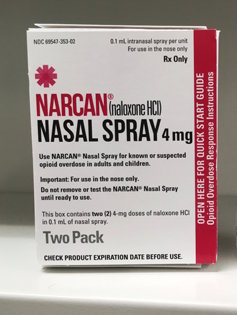
What is Narcan?
Narcan is the brand name of the drug Naloxone which is used to treat opioid overdose. Narcan is a nasal spray that has the ability to temporarily reverse the symptoms of opioid overdose allowing more time for medical intervention. The use of Narcan does not replace medical care and emergency medical services should still be provided when a drug overdose occurs.
Where can I find Narcan?
Anyone can purchase Narcan directly from a pharmacy without needing a prescription from a doctor. The drug is readily available and is covered by most insurance plans. There are also many programs available that give free Narcan training and supplies to people in the community in an effort to help save lives from an opioid overdose. A quick internet search of “Narcan training near me” should bring up local resources.
Knowing the signs and symptoms of a drug overdose is an essential aspect of living in a country that is experiencing one of the worst overdose epidemics of all time. When a person understands how to spot and respond to an overdose they are better equipped to help save lives.
Resources:
- https://www.narcan.com
- https://www.getnaloxonenow.org
- https://www.cdc.gov/drugoverdose/pdf/patients/Preventing-an-Opioid-Overdose-Tip-Card-a.pdf
- https://www.niaaa.nih.gov/publications/brochures-and-fact-sheets/understanding-dangers-of-alcohol-overdose
